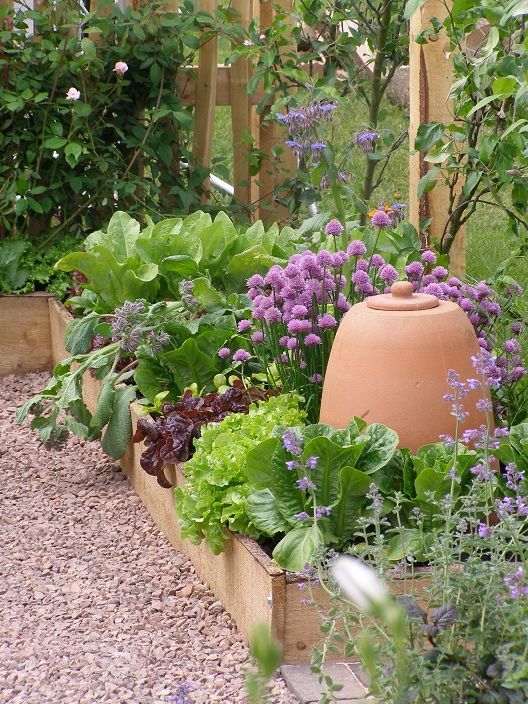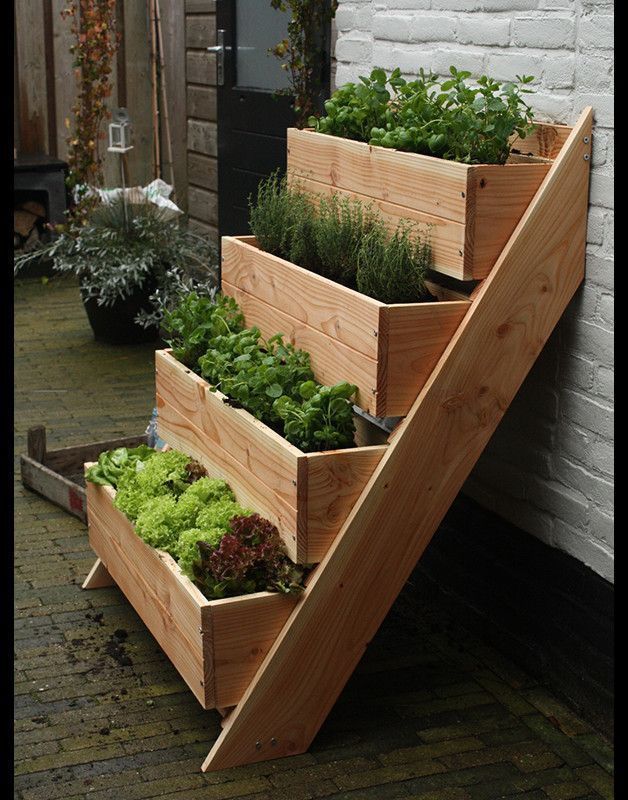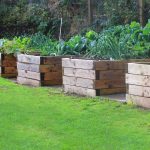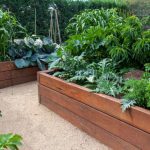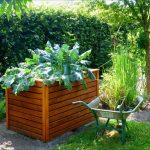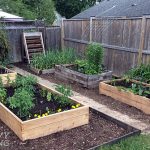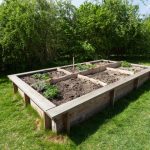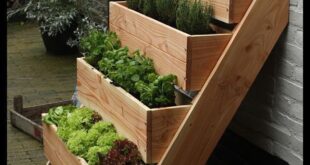Beautifying our compound can be done in several ways either by taking it one step after another or getting the professional landscape designers to get it set all at once without you bothering much on how it is done.
Gardening is an aspect of this home exterior design that you can take up by yourself if you have some time to spare.
The garden design and types
Gardens can be of different types in terms of what is cultivated and the design pattern. The traditional cottage garden is there if all you want are more of edible foods for your home use.
Now, if we focus on the contemporary design which is basically for flower cultivation, the use of flower beds and their designs cannot be overlooked. The flower bed is the prepared site for growing our flowers and they can be in different fashions and design pattern.
Types of beds for gardening
In gardening, a bed is the land area that holds your plants. Humus addition and other soil preparation are carried out to make it suitable for cultivation.
Flower beds can be either raised or just on the flat ground surface. In gardening, you can plant your flowers on the flat ground by applying humus and making it suitable to support the plant before planting is done.
In a different style, you may want your bed raised higher than ground level. This can be achieved by first making a bed with edges raised most often by the use of concrete design. The designed concrete bed is thereafter filled with soil to make up the height of the fence before making your plantation. Raised bed gardens add a unique style on your garden design.
Why raised bed gardening
Raised bed gardens are always beautiful as they create a pattern on the garden. With raised beds, you can clearly see the sections of the garden. Raised beds are much easier to work upon since the soil is already loosened. Raised beds give your gardening a form of organizational structure by creating edges and pathways in the process.
 Garden and patio decoration inspiration
Garden and patio decoration inspiration
